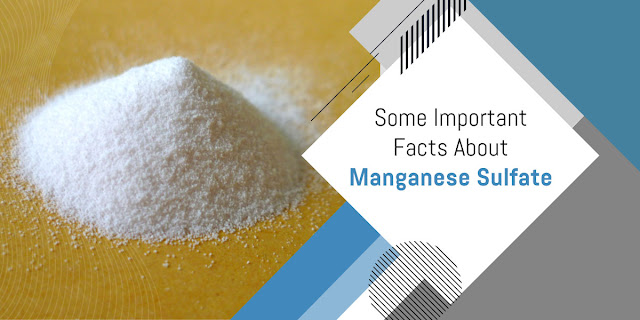Benefits of Cocamidopropyl Betaine (CAPB) in Hair Care Products
Cocamidopropyl Betaine functions as a surfactant, a
thickening and foaming agent, and an emulsifying agent, and is used in a
variety of skincare, haircare, personal care, and household cleaning products.
Its cleansing action aids in the removal of dirt and grime from skin and hair
by allowing water to combine with dirt and grime, allowing it to be readily
washed away. Because it operates as a detergent, it is often found in most bath
products, skin cleansing products such as soaps, shampoos, and conditioners,
and cleaning goods such as laundry detergents. Other CAPB-containing products
include
●
Shampoos
●
Conditioners
●
Makeup Removers
●
Liquid Dish Washes
●
Liquid Hand Washes
●
Surface Cleaners
●
Body Washes
●
Shaving Creams
●
Contact Lens Solutions
●
Toothpaste
●
Gynecological or Anal Wipes.
Palvi Chemicals is a reputed Cocamidopropyl
betaine distributor in Nigeria.
Benefits of Cocamidopropyl Betaine in Hair Care:
Cocamidopropyl Betaine is a synthetic detergent and
surfactant found mostly in shampoos and conditioners. It is also utilised in
major hair care products as a thickening and foaming ingredient. CAPB is also
recognised for controlling product viscosity and acting as an emulsifying
ingredient in many hair care products, which helps to make your hair silky and
smooth. It has been shown to improve the cleaning properties of hair care
products. Let us learn more about the benefits of Cocamidopropyl Betaine in
hair care products.
- It aids in the reduction
of water's surface tension, which increases the foaming action of your hair
care product.
- It is used as a
surfactant in many hair care products, improving the cleaning action of
shampoos by combining with debris and oil that is washed away during
rinsing.
- It is known to be stable
throughout a wide pH range and is suitable with a variety of substances in
your hair care products.
- When compared to other
surfactants such as Sodium Lauryl Sulfate, it is known to be gentler and
less irritating to the scalp.
- It has both hydrophilic
and lipophilic qualities, allowing it to quickly bind with grime and
debris and thus work as a cleansing agent in your hair care products.
- It is generally thought
to be gentle on the skin and scalp.
- Because it is produced
from coconut oil, Cocamidopropyl Betaine has moderate hydrating
characteristics that assist to keep your dry and brittle hair soft and
manageable.
- CAPB is an anti-static
ingredient found in conditioners that helps to minimise static charge
buildup and flyaway hairs.
- It is known to be safe
for topical application because it is non-toxic and non-irritating to the
skin, and it is therefore utilised in baby shampoos.
- When coupled with harsh
chemical hair care products, CAPB is regarded a superior choice among
surfactants because it is less irritating to your skin.
Palvi Chemicals is one of the most distinguished Cocamidopropyl
betaine suppliers in Nigeria.
Because of its remarkable characteristics, this
water-soluble surfactant is a synthetic detergent that is widely utilised in
major hair care and personal care products. As a thickening ingredient,
Cocamidopropyl Betaine improves the texture and look of hair care products.
Side Effects of Cocamidopropyl Betaine:
Though Cocamidopropyl Betaine is regarded safe for use
on the skin, allergic responses have been recorded in some circumstances when
using CAPB-containing products. Having said that, it should be emphasised that
it is not Cocamidopropyl Betaine that causes allergic responses on the skin,
but rather the two impurities created during the production process. Aminoamide
(AA) and 3-dimethylaminopropylamine are the two allergens (DMAPA). It was
discovered that when patients were not exposed to these two allergens, they
showed no symptoms of allergic reactions.
Palvi Chemicals is a distinct Cocamidopropyl
betaine exporter in Nigeria.
Cocamidopropyl Betaine in its purest form is free of
these allergens and has not been linked to any adverse reactions. Some people
may have allergic reactions such as redness, swelling, and itchy skin in severe
cases, which is known as contact dermatitis. It is possible that you will have
pain, redness, and irritation in your eyes or eyelids as a result of an
allergic response to Cocamidopropyl Betaine.



Comments
Post a Comment